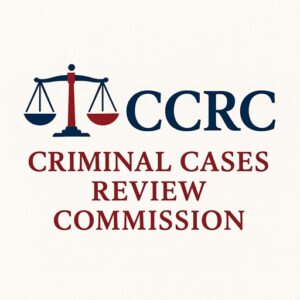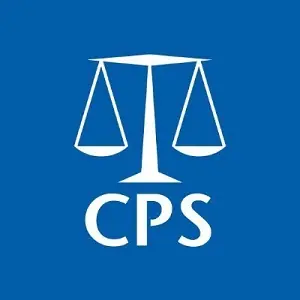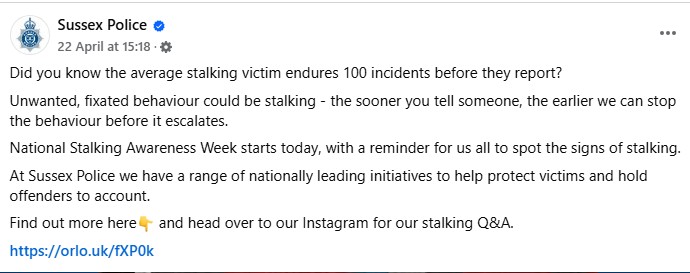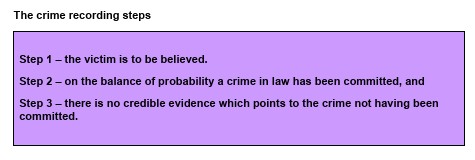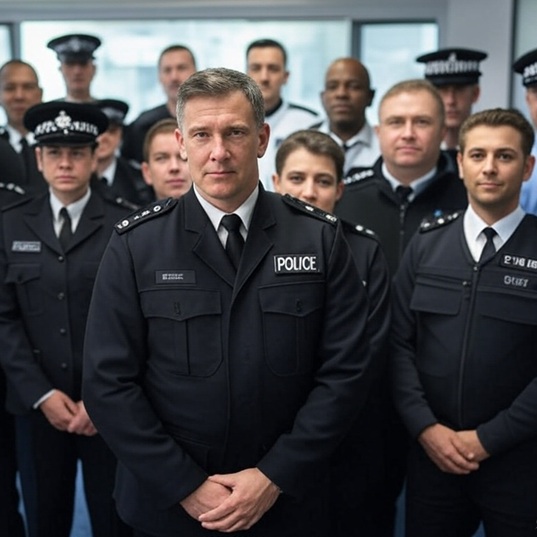The Office for Communications Data Authorisations (OCDA) is a critical institution in the United Kingdom, established to oversee the lawful acquisition of communications data by public authorities. Operating under the framework of the Investigatory Powers Act 2016 (IPA), the OCDA plays a pivotal role in balancing national security, law enforcement, and the protection of individual privacy. This article explores the purpose, functions, and significance of the Office for Communications Data Authorisations, shedding light on its operations and its impact on modern governance.
The Investigatory Powers Commissioner (currently Sir Brian Leveson) is the head of OCDA and delegates his powers to authorise communications data requests to OCDA Authorising Officers. He also leads the Investigatory Powers Commissioner’s Office (IPCO). IPCO was set up to provide independent oversight of the use of all investigatory powers by intelligence agencies, police forces and other public authorities.
Office for Communications Data Authorisations Governance
What is the OCDA?
The Office for Communications Data Authorisations was created in 2018 as an independent body responsible for authorising requests from public authorities, such as police forces, intelligence agencies, and other relevant bodies, to access communications data. Communications data refers to the “who, when, where, and how” of a communication—such as phone call logs, email metadata, or internet connection records—without accessing the content of the communication itself.
The OCDA operates under the oversight of the Investigatory Powers Commissioner, ensuring that requests for communications data are necessary, proportionate, and compliant with legal and ethical standards. Its establishment marked a significant reform in the UK’s investigatory powers framework, introducing greater transparency and accountability to the process.
Purpose and Responsibilities
The primary purpose of the Office for Communications Data Authorisations is to ensure that access to communications data is lawful and respects the rights of individuals. Its key responsibilities include:
- Authorising Requests: The OCDA reviews and approves or rejects applications from public authorities seeking access to communications data. This includes data held by telecommunications operators, such as phone companies or internet service providers.
- Ensuring Compliance: The OCDA ensures that requests comply with the principles of necessity and proportionality, as outlined in the IPA. This means that data access must be justified by a legitimate purpose, such as preventing crime, protecting national security, or safeguarding public safety, and must not be overly intrusive.
- Protecting Privacy: By acting as an independent gatekeeper, the OCDA safeguards citizens’ privacy rights, ensuring that personal data is not accessed arbitrarily or without proper justification.
- Providing Oversight: The OCDA works closely with the Investigatory Powers Commissioner’s Office (IPCO) to maintain high standards of accountability. It submits to regular inspections and audits to ensure its processes are robust and transparent.
- Streamlining Processes: The OCDA replaced the previous system of internal authorisations within public authorities, reducing the risk of conflicts of interest and standardising the approval process across different agencies.
How the Office for Communications Data Authorisations Operates
The OCDA is staffed by independent authorising officers, including experienced judicial figures and experts in communications and data protection. When a public authority submits a request for communications data, the OCDA evaluates it based on strict criteria:
- Necessity: Is the data essential for achieving a specific, lawful purpose, such as investigating a crime or preventing a terrorist attack?
- Proportionality: Is the intrusion into an individual’s privacy justified by the potential benefits of accessing the data?
- Legality: Does the request comply with the provisions of the IPA and other relevant legislation, such as the Human Rights Act 1998?
The OCDA uses a secure, centralised system to process requests efficiently while maintaining strict confidentiality. Decisions are made promptly to ensure that law enforcement and security operations are not unduly delayed, but thorough scrutiny is applied to prevent misuse.
The Legal Framework: Investigatory Powers Act 2016
The OCDA was established under the Investigatory Powers Act 2016, often referred to as the “Snooper’s Charter” by critics. The IPA provides the legal basis for public authorities to access communications data, but it also introduced stricter oversight mechanisms, including the creation of the OCDA. The Act requires that all requests for communications data (except in emergencies) be approved by an independent body, a role fulfilled by the OCDA.
The IPA also mandates the “double lock” mechanism for certain intrusive powers, such as interception of communications content, where approval from both a senior official and a Judicial Commissioner is required. While the OCDA primarily deals with communications data (not content), its work aligns with this broader framework of oversight and accountability.
Challenges and Controversies
The OCDA operates in a complex and often controversial space, where the demands of security and privacy frequently clash. Key challenges include:
- Balancing Privacy and Security: Critics argue that access to communications data, even if limited to metadata, can still reveal deeply personal information about individuals’ lives. The OCDA must navigate these concerns while enabling legitimate law enforcement activities.
- Public Trust: High-profile cases of data misuse or surveillance overreach in the past have fueled public skepticism about government access to personal data. The OCDA’s transparency and independence are critical to maintaining trust.
- Technological Evolution: Rapid advancements in technology, such as encrypted messaging apps and virtual private networks (VPNs), pose challenges for both data acquisition and oversight. The OCDA must adapt to these changes to remain effective.
- Resource Constraints: As the volume of data requests grows, the OCDA must ensure it has the resources and expertise to handle applications efficiently without compromising on scrutiny.
Achievements and Impact
Since its inception, the OCDA has processed thousands of requests annually, playing a vital role in supporting investigations into serious crimes, terrorism, and other threats to public safety. By centralising and standardising the authorisation process, it has reduced the risk of inconsistent or improper approvals that existed under the previous system.
The OCDA’s work has also contributed to greater transparency. The Investigatory Powers Commissioner publishes annual reports detailing the number of requests processed, the types of authorities involved, and any errors or breaches identified during inspections. This openness helps reassure the public that the system is subject to rigorous oversight.
The Future of the OCDA
As digital communications continue to evolve, the OCDA’s role will become increasingly complex. Emerging technologies, such as artificial intelligence and quantum computing, could transform the nature of communications data and the methods used to access it. The OCDA will need to stay ahead of these developments to maintain its effectiveness.
Additionally, ongoing debates about privacy and surveillance will shape the OCDA’s future. Striking the right balance between enabling law enforcement and protecting civil liberties will remain a core challenge. Public engagement, clear communication, and robust oversight will be essential to sustaining trust in the OCDA’s work.
Conclusion
The Office for Communications Data Authorisations is a cornerstone of the UK’s investigatory powers framework, ensuring that access to communications data is lawful, necessary, and proportionate. By providing independent oversight, the OCDA safeguards both national security and individual privacy, navigating the delicate balance between these competing priorities. As technology and societal expectations evolve, the OCDA’s role will remain critical in upholding the rule of law and protecting the rights of citizens in an increasingly connected world.
Check out our articles on Thought Police, Policing, Police News, Policing by Consent, Two Tiered Policing, Wasting Police Time, National Security Online Information Team (NSOIT), Counter Disinformation Data Platform (CDDP) and the highly questionable Sussex Family Justice Board.


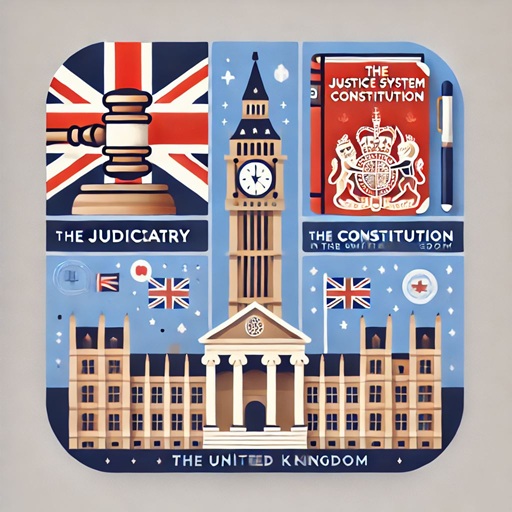
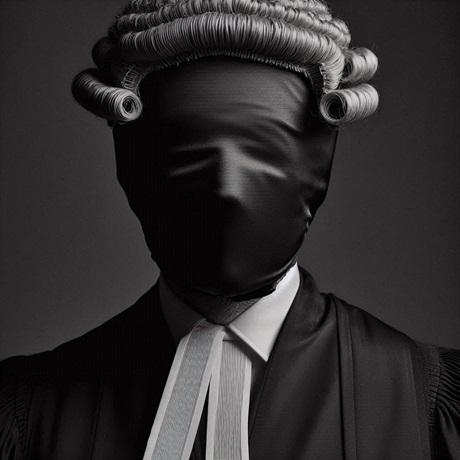


The Ministry of Injustice is not the Ministry of Justice nor is it affiliated in any way with the justice system, legal profession or any law enforcement agencies.
Most Popular ↓




What is Policing by Consent ? What is Two Tier Policing ?
Latest Articles ↓
- Can a Solicitor or Barrister Mislead a Court ?In England and Wales, the legal system demands integrity and truth from all legal professionals involved in court proceedings. Solicitors and barristers are bound by… Read more: Can a Solicitor or Barrister Mislead a Court ?
- What is the Forensic Science Regulator ?Forensic science is a cornerstone of modern criminal justice, providing critical evidence that can make or break a case. However, the reliability and accuracy of… Read more: What is the Forensic Science Regulator ?
- What is the Criminal Cases Review Commission ?The Criminal Cases Review Commission (CCRC) stands as a vital institution within the criminal justice system, dedicated to investigating potential miscarriages of justice. Established in… Read more: What is the Criminal Cases Review Commission ?
- Did Bobby Vylan and the BBC break the law at Glastonbury 2025 ?The performance by Bob Vylan at Glastonbury 2025, where frontman Bobby Vylan (reportedly Pascal Robinson-Foster) led chants of “death, death to the IDF” and “from… Read more: Did Bobby Vylan and the BBC break the law at Glastonbury 2025 ?
All Articles can be found in the Legal Blog or Sitemap.
You should always seek formal legal advice from a qualified and reputable lawyer (solicitor or barrister).
‘Justice delayed is justice denied’
William Ewart Gladstone
There are a number of links to Free and Paid For Legal Resources and Legal Organisations on the Free Legal Advice , Legal Aid and Pro Bono pages.



